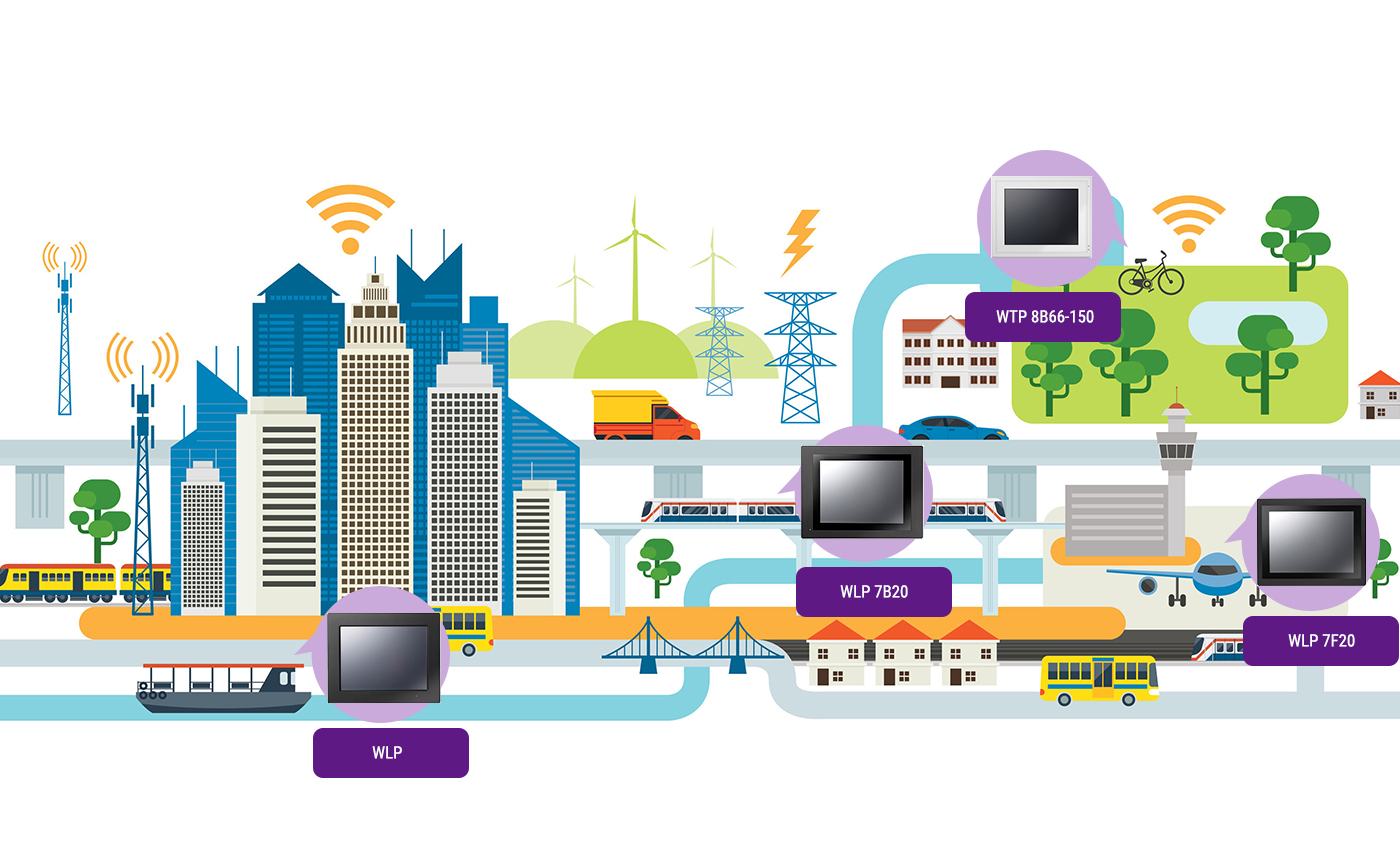|
In today's digital age, data has become the new currency. Every interaction we have with technology generates massive amounts of data that can be harnessed and analyzed to drive informed decision-making. This is where data analytics comes into play, revolutionizing industries across the globe. Data analytics refers to the process of examining raw data to uncover patterns, draw meaningful insights, and make data-driven predictions. It involves various techniques such as data mining, machine learning, statistical analysis, and visualization, all aimed at understanding complex datasets and extracting valuable information. One of the key advantages of data analytics is its ability to provide businesses with a competitive edge. By leveraging advanced analytical tools, organizations can gain a deeper understanding of their customers, markets, and operations. For example, retailers can analyze customer purchasing patterns to personalize product recommendations, thereby increasing customer satisfaction and boosting sales. Similarly, financial institutions can use predictive analytics to identify potentially fraudulent transactions in real-time, mitigating risks and ensuring the security of their customers' assets. Moreover, data analytics plays a vital role in optimizing operational efficiency. By analyzing large volumes of data collected from various sources, companies can identify bottlenecks, streamline processes, and improve overall productivity. For instance, manufacturing companies can leverage predictive maintenance analytics to detect equipment failures before they occur, minimizing downtime and reducing maintenance costs. In the healthcare industry, data analytics enables hospitals to optimize resource allocation, improve patient outcomes, and even predict disease outbreaks by analyzing health records and epidemic data. Data analytics also has far-reaching implications in sectors like transportation, energy, and urban planning. By analyzing data from sensors, GPS devices, and social media, city planners can optimize traffic flow, design sustainable infrastructure, and enhance citizen services. In the energy sector, data analytics helps utility companies monitor energy consumption, detect anomalies, and implement energy-saving measures, ultimately contributing to a greener future. However, it's essential to note that data analytics comes with its own set of challenges. The sheer volume and variety of data generated pose significant hurdles in terms of storage, processing power, and data privacy. Additionally, ensuring the accuracy and reliability of analytical models requires skilled professionals who can interpret the results correctly. In conclusion, data analytics is transforming industries by uncovering valuable insights from vast amounts of data. From personalized marketing strategies to optimized operations, data analytics empowers organizations to make data-driven decisions and stay ahead of the competition. As technology continues to evolve, harnessing the power of data analytics will be crucial for businesses to unlock new opportunities, drive innovation, and shape the future of countless industries.  |
